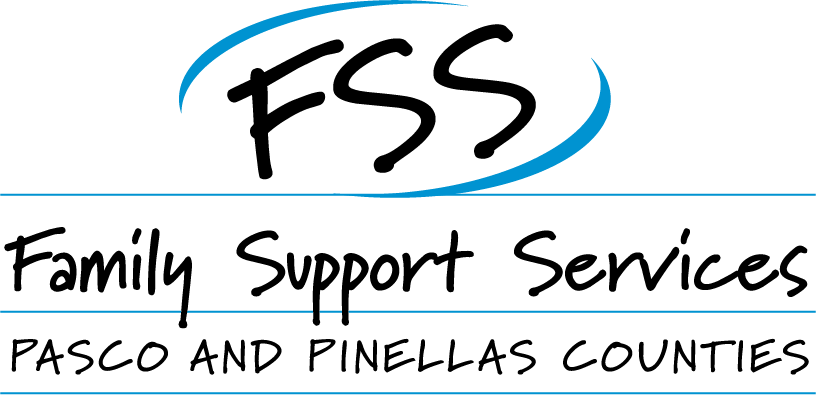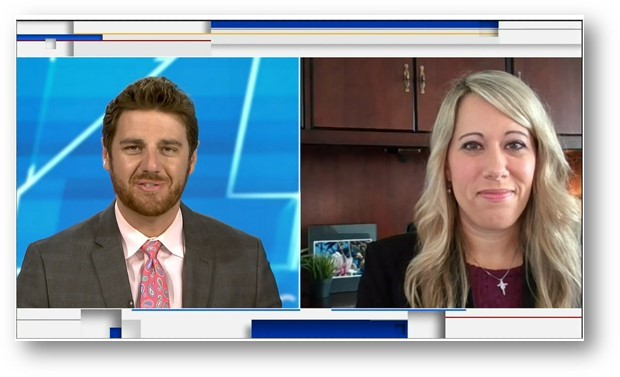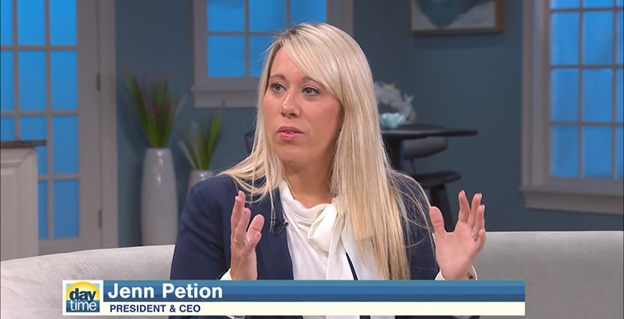History of Community Based Care 3: Jeb Bush remarks
(Part 3 of 3)
On December 15, 2020, the Community-Based Child Welfare National Symposium (CBCWNS) held a national discussion on best practices and lessons learned. The keynote speaker was former Florida Governor Jeb Bush, widely considered a primary architect of today’s child welfare and foster care systems. In a conversation with Glen Casel, CEO of Embrace Families, Bush reflected on the origins, insights and accomplishments of Florida’s CBC model. Highlights include:
Community-based care is “clearly a powerful alternative to saying ‘this is the responsibility of state government,’” Bush said. “When a child is hurt or hurting it places lots of responsibility on the community to rise up and figure out a way of helping that child. It’s a moral responsibility.”
The previous system, keeping the state in charge of managing care, “was the soft underbelly of our state,” he said. “It lit a flame in me… [I realized] we need to move to a different model.”
At first, reflecting political tensions at the time, Bush said “they called it privatization rather than community-based care.” But “to this day CBC is supported by each successive governor, and the outcomes have been phenomenal.” This support proved that “big ideas that are implemented properly and faithfully will sustain themselves because they’re successful. Now we could never go back.”
System-wide advances that “make sure older foster children can go to college, get a job, get a driver’s license—all that stuff was built on a solid foundation that started with CBC. All the innovations since then are built on top of that foundation.”
Looking Back
Bush offered advice to states considering moving to their own CBC models: “You have to be data driven. Our adoption rates were horrific in 1999… [so] we created a baseline with which to measure the success of this new system.” Although “advocating a data driven process is important,” he continued, “you also have to put a human face on this. These are children who have been abandoned or abused. It’s good to be a technocrat, but [the human element] should be a top priority. The most vulnerable should be at the front of the line.”
Casel added these statistics for context: in 1997 Florida had just under 1,500 adoptions; by 2019 the number had grown to over 4,000. In 1997, nearly one in three clients who had aged out of foster care had been in the system for more than 6 years; by 2019, that figure had dropped sharply to eight percent.
“I think it’s important to take [management of the child welfare system] out of the government setting,” Bush added, “to embed things in the community, where you can mobilize all sorts of support beyond what the government does. Government has an important role to investigate abuse, for example. But beyond that I think we should be funding these [CBC] programs and allowing for creativity. I think that’s one of the things we got right. We trusted the community.” One of the “principal reasons why CBC became such a powerful alternative is that it also creates an environment where best practices emerge. Every other state can embrace this.”
Key takeaways
“In retrospect, I wish we could’ve done it faster,” Bush said. ‘We overcalculated … engaged less in prevention and more in protection, and it overwhelmed the system. We didn’t calibrate the right way. As we were rolling out CBC, it would’ve been better if we’d focused on prevention.”
Still, Bush said he’s “proud that Florida is now a recognized leader in [CBC] as well.” Casel cited a report by the Texas Policy Foundation ranking Florida’s foster care system sixth in the nation—and first among the larger states.
“The top-down states that have the traditional system of the state government being responsible for the child welfare system and for running the foster care system don’t have the same commitment as the states that do it from the bottom up,” Bush said. “A lot of states that haven’t moved to this bottom-up approach… excuse away the outcomes. When you lose the moral imperative, you’re no longer a servant, and you lose the whole purpose of what that should be about.”
Environment of Best Practices
Family Support Services (FSS) is thriving under community based care and its innovation to focus on prevention from the start. The FSS system of success is built on community collaboration, partnerships and expert local knowledge of our community’s unique and diverse needs.
Our system of success is a result of serving children and families in our community through local services, with an emphasis on early intervention and appropriate safety nets for low income families. This yields innovation, better outcomes, stronger collaboration and better leveraging of resources.
Bush’s full interview with Casel can be viewed here.









0 Comments